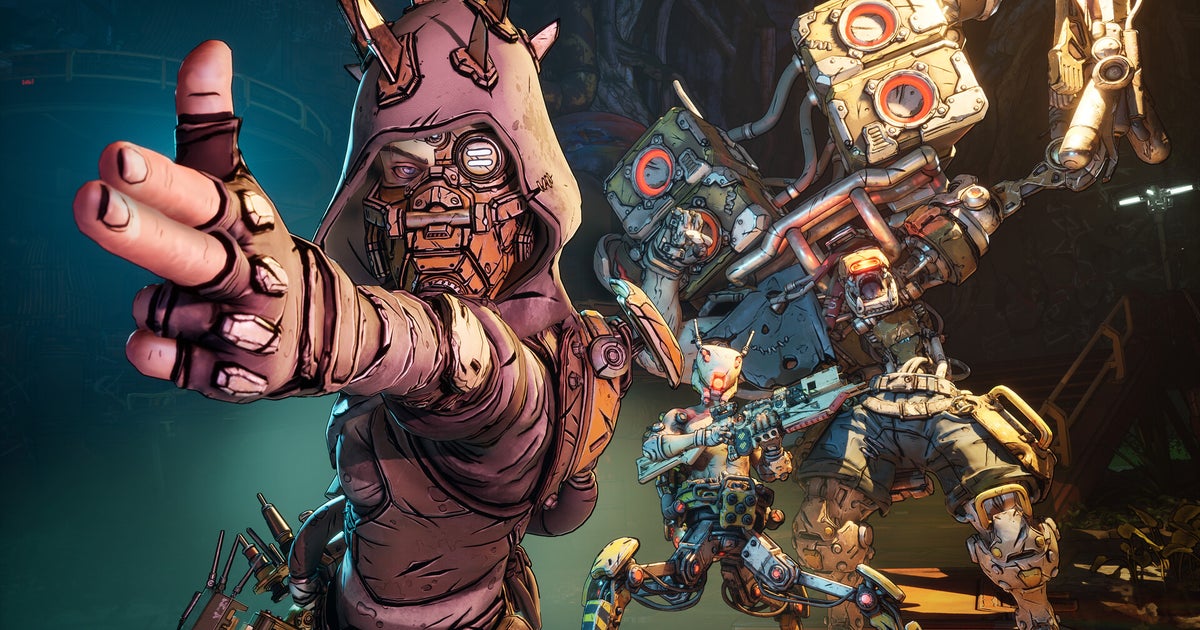The Quiet Revolution in Electric Motorcycles: A Look at Maeving

In recent years, challenger brands have increasingly captured the spotlight across various sectors, especially in the dynamic realms of fintech, artificial intelligence, and computing. These disruptor playgrounds are not merely reshaping the industries they inhabit but are also making waves in more traditional markets, with transportation standing out as a prime example. While the electric vehicle (EV) sector, particularly electric cars, often garners significant media attention—thanks in part to high-profile figures like Elon Musk and his well-publicized relationship with political leadership—there is a subtler yet equally impactful transformation occurring in the electric motorcycle industry.
As more consumers become environmentally conscious and seek alternative forms of transportation, electric motorcycles are stepping into the limelight. This segment has traditionally been dominated by several long-established brands that have roots stretching back over a century. However, the landscape is changing. Ten years ago, enthusiasts would hardly recognize the name Maeving; it was a fledgling outfit with little recognition in the larger motorcycle community.
Fast forward to today, and Maeving, a small British company founded by two university friends, is now a frontrunner in the electric motorcycle market in the UK. Their commitment to innovation and sustainability has propelled them into a competitive position, allowing them to expand their reach beyond the shores of the UK and into global markets. Their success story exemplifies how new players can disrupt traditional industries by prioritizing eco-friendliness and modern technology, catering to a growing demand for sustainable transport solutions.
With the electric motorcycle revolution gaining momentum, it will be fascinating to see how established brands respond to these new challengers. As consumers increasingly look for eco-conscious alternatives, the future could see an even greater shift in the motorcycle industry.



























